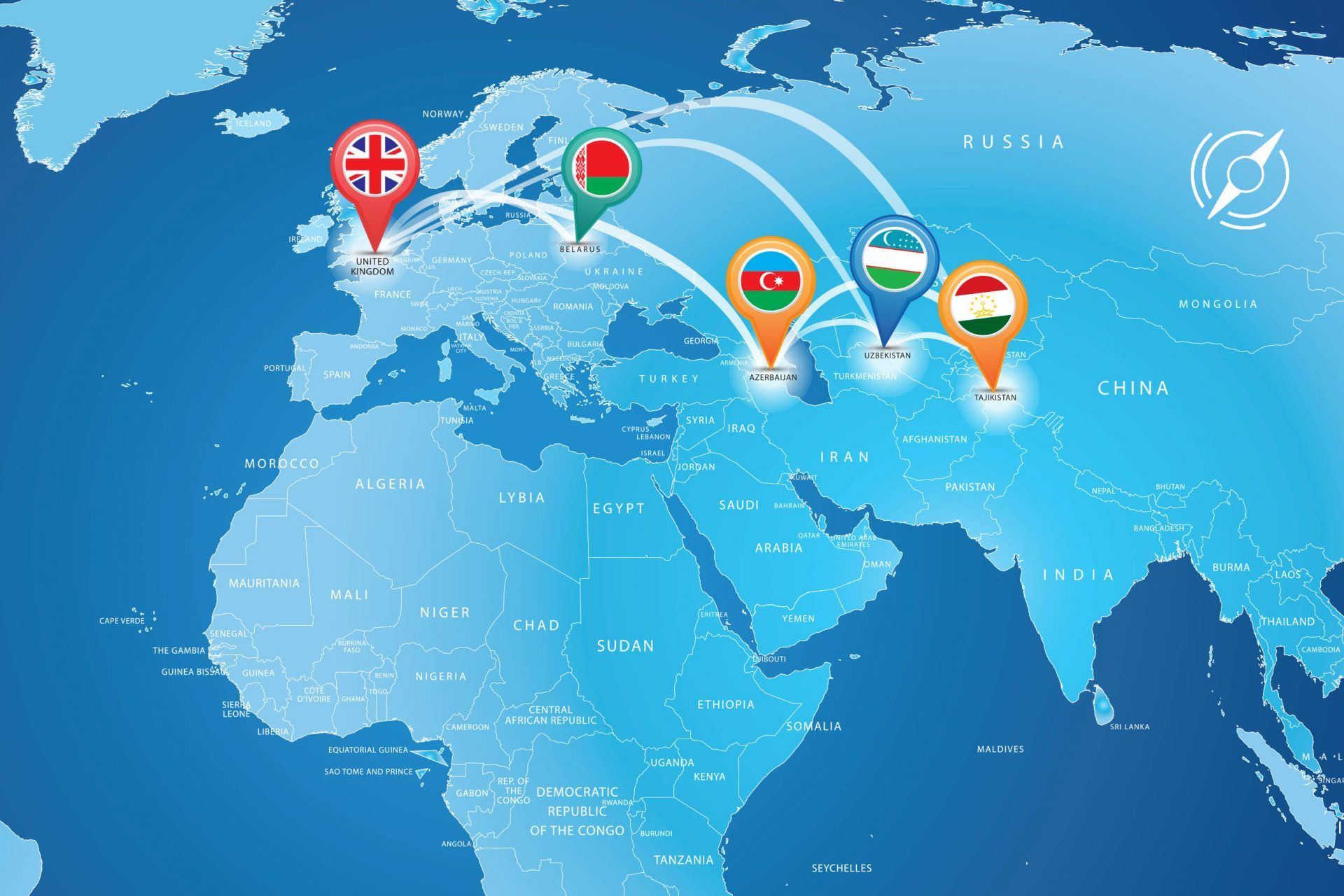Connecting research, policy and people, globally
We seek to establish ‘regional hubs of excellence’ at the top-level HEIs in Eastern Neighbourhood and Central Asia to enable them to become our lead research partners and ‘nodes of excellence’ for knowledge production and transfer across the region and beyond.
COMPASS Objectives
Conceptually, the project explores new approaches to ‘governance’ with a focus on resilience, capacity-building, peoplehood, bargaining power, and cooperative orders, to make governance more effective and sustainable.
In practical terms, the project seeks to enhance relations between the UK and partner universities, and to set up regional ‘hubs of excellence’ at the top-level HEIs in Eastern Europe and Central Asia, along with the following three dimensions:
- Research integration to identify specialist research niche for partner institutions, organise thematic, workshops and conferences, produce agreed academic outputs; deliver PhD training schools and launch a series of pilot projects as part of the wider UK/EU research integration strategy
- Policy impact to identify training needs for continuing professional development in partner institutions, organise study trips to the UK and EU, deliver Executive Summer Schools, and establish regular top-level regional policy forums for policy impact and better governance
- Sustainable communities to identify core public needs for more effective governance; organise school fairs with study packs, citizen juries and televised debates to raise public awareness and improve governance performance
The GCRF COMPASS project belongs to the 1st generation of GCRF RCUK capacity-building projects initiated by the UK government in 2016. 37 projects (out of 500 initial applications) were successful, with COMPASS prioritising the field of politics and international relations.
COMPASS Major Beneficiaries:
The project will develop strategic research and educational partnerships with four top-level HEIs in European Neighbourhood and Central Asia, to benefit:
- at the local/regional level, the partner HEIs, their stakeholders and wider communities, by way of generating specialist knowledge and best practices on the issues of regional security, identity-building, connectivity, and the role of gender and education in initiating change
- at the UK level, developing research and policy access into the hitherto ‘closed’ region to allow for its better understanding and transformative cooperation, to enhance relations through research and policy impact
- at the global level, developing a new insight into ‘better governance’ by unpacking and engaging with the notions of ‘peoplehood’, resilience, and sustainability of the increasingly fragmented and multi-order international system
COMPASS will engage will all-level stakeholders: from HEIs to the national and local governments, and wider communities in the UK, the EU and the wider region of the the Eastern Neighbourhood and Central Asia.
COMPASS Area Challenges:
The project sets to address at least three core development challenges, in full alignment with the UK Aid Strategy, UNDP and WB millennium goals for the selected countries. This would also meet the needs for more expansive internationalisation for the UK HE sector, essential for a post-Brexit environment. The core development challenges include:
- inclusive and equitable quality education
- resilient and sustainable livelihoods
- reduction of conflict and promotion of peace, justice and humanitarian action; reduction of poverty and inequality, including a gender dimension

